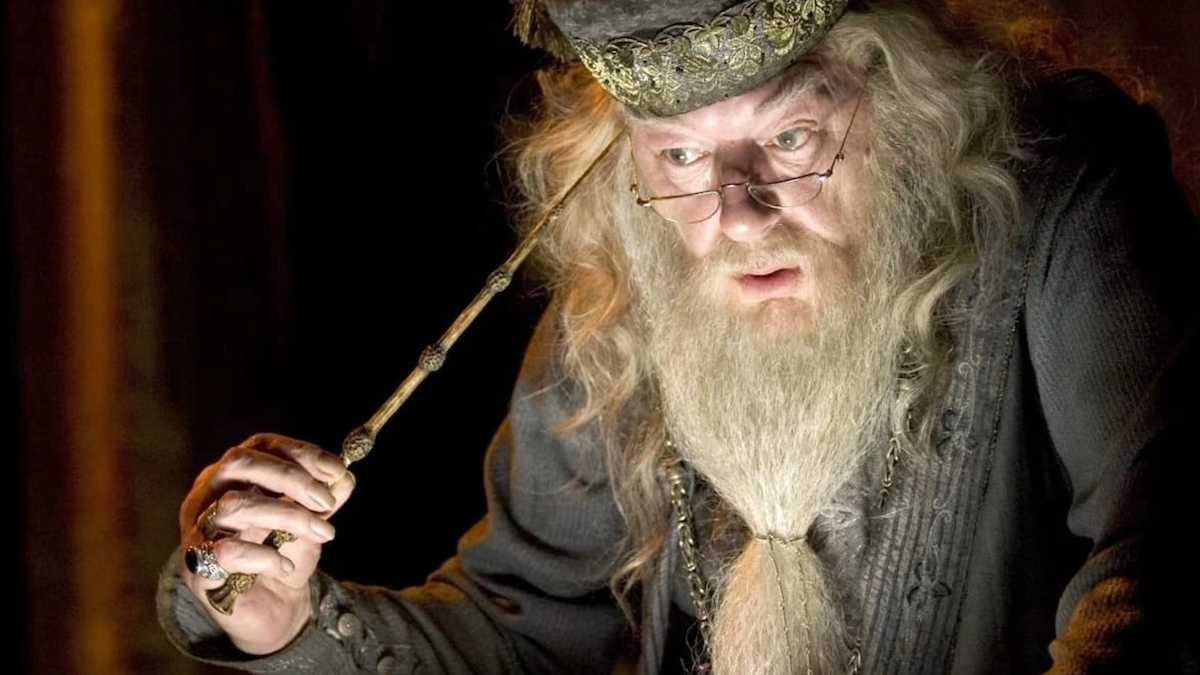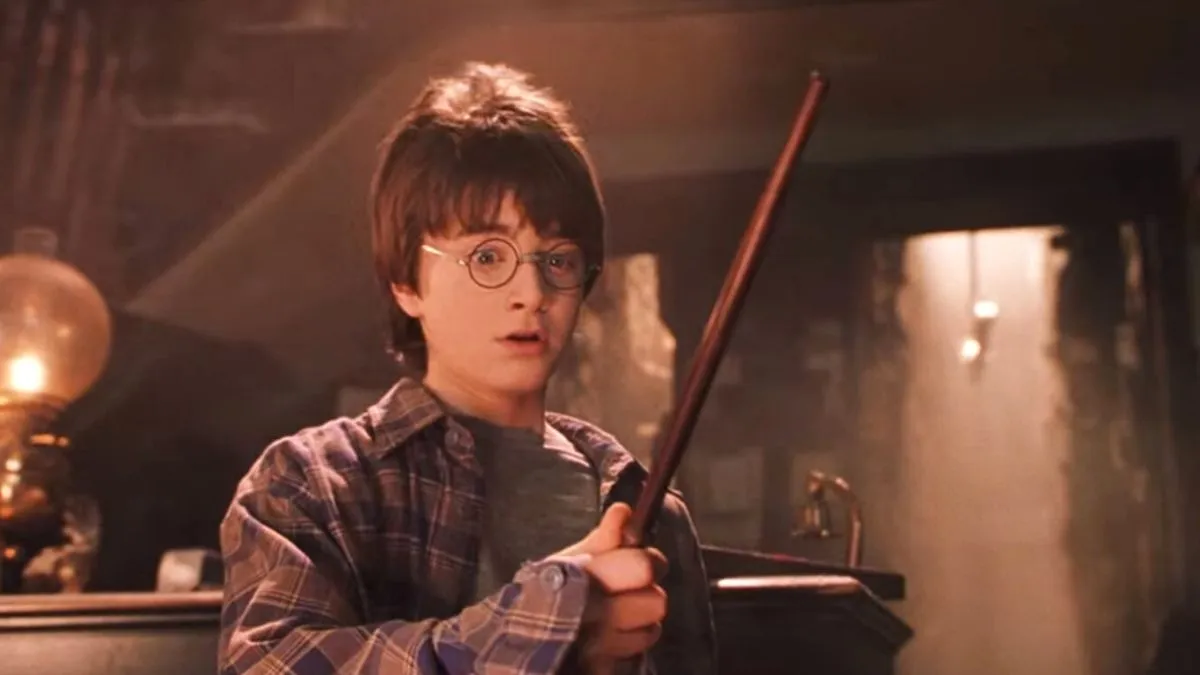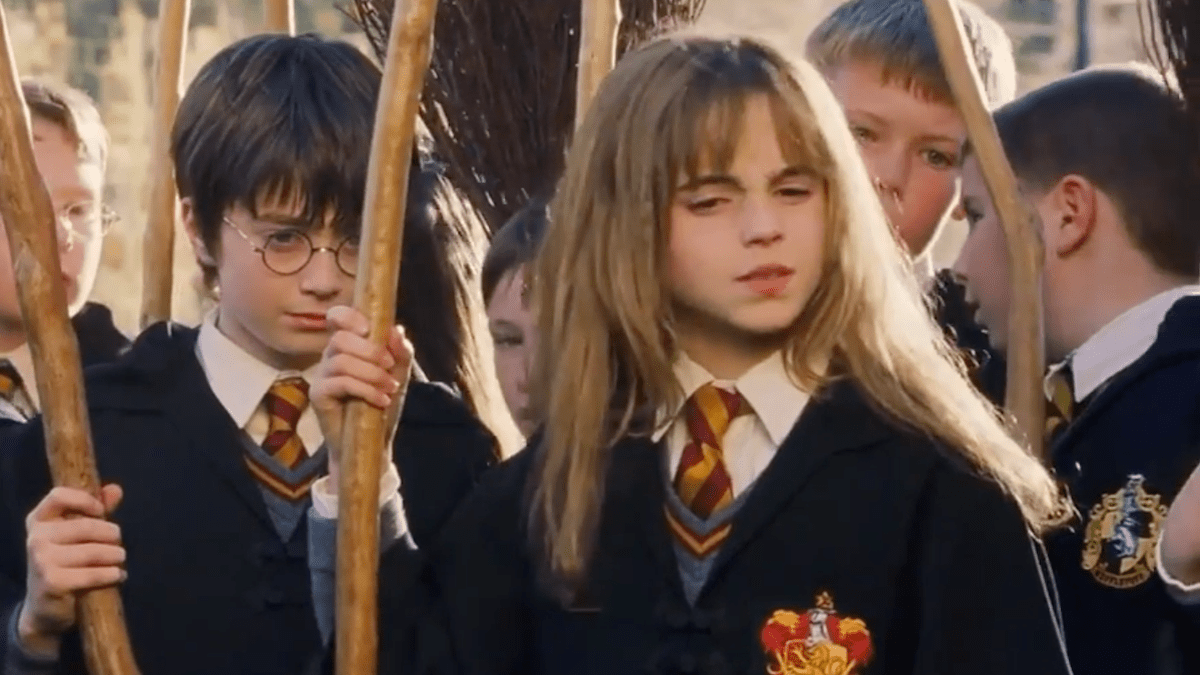For years now, rumors have circulated about a potential Harry Potter reboot at WB. Now we’re learning that this next undertaking will most probably involve a television remake, depicting the story of The Boy Who Lived all over again and making Potterheads scratch their heads in contemplation of whether this would be the best path forward for the franchise.
With the Fantastic Beasts spinoff series floundering and the Wizarding World’s own name slowly losing its appeal — not least of all due to J.K. Rowling’s insensitive social media preachings — Warner Bros. is recognizing this moment as their last opportunity to resurrect Harry Potter, or surrender it to the indiscriminate dustbin where iconic pop culture names go to die.
From a certain point of view, perhaps it’d be better to give Harry Potter over to history and allow the franchise to stand the test of time like so many before it, but that isn’t the kind of creative respect toward art you can expect from Hollywood moguls, who are mostly driven by their desire to appease shareholders and keep the industry’s machinations going.
Whether we’d want to admit it or not, Harry Potter is still a recognizable name everywhere, and though the story has concluded and its adaptations wrought, Warner Bros. isn’t simply going to give up on a franchise that can still generate a ton of revenue.
But is a television remake — like the one rumors are so tenaciously underlining — the only viable path for The Wizarding World now?
Why a television remake of Harry Potter would never work
Remakes aren’t a new concept in our industry. Whenever the powers that be feel like enough time has passed for an iconic story to make a comeback, they assemble a brand-new team to resurrect it through contemporary mediums. It’s not even just household franchises, either, as you can always half-expect any number of old and acclaimed stories – even the greats of classic literature — to return to the fore under a slightly different guise. How many times has the entertainment industry resurrected Sherlock Holmes? How many adaptations of Victor Hugo’s timeless Les Miserables have you experienced in your lifetime? We can obviously say the same about many pop culture icons today — whether it’s a galaxy far, far away, or the story of a mythological being obsessed with world domination and a magical ring — but there’s a catch.
When a classic story returns under a unique pseudonym, even literature’s most ardent gatekeepers look forward to it with an air of optimistic anticipation. For them, being able to see these stories depicted in yet another frame isn’t something to be wary of, but something to celebrate, even if it ends up being subpar in comparison to the original.
We can hardly say the same about IPs such as Harry Potter or The Lord of the Rings today. It has barely been 20 years since Peter Jackson dazzled the entire world with his universally-revered Lord of the Rings trilogy, and little more than a decade since he returned with another saga in the form of The Hobbit. That’s why, when a company like Amazon Studios attempts to bring this story back — and only because they feel like it’d be a commercial success due to its popularity — the attempt backfires in its face. The Rings of Power and how it turned out should be a lesson for the entire industry, except critical failure isn’t a language Hollywood necessarily understands.

Harry Potter is in a much worse situation from a narrative perspective. With Middle-earth, we’re talking about an expansive fictional universe whose lore and background involves more than a dozen different books. The Wizarding World, while rich in its own right, would never be able to spawn an interconnected cinematic universe of its own, the kind that the industry seems to favor these days.
That leaves Warner Bros. with only remakes, and producing a Harry Potter television show would never work. What, are we going to sit through an entire episode of Harry suffering abuse at the hands of the Dursleys? Another episode of Harry and Hagrid going through Diagon Alley and buying supplies? Will the first season’s climax involve a disfigured Voldemort piggybacking on Quirrell’s head and Harry conveniently defeating him with the power suffused in his hands?
And even if we accede these points, that still leaves the company with a huge problem: Fans have already seen all of this. Most of them know what’s going to happen at every step of this journey, and the Harry Potter films doing a rather decent job of adapting J.K. Rowling’s books means that there’s always going to be something to be measured up against. The Rings of Power opted to depict an entirely new story, but even that was constantly stacked up against Peter Jackson’s masterpiece, a bar set so high that most wouldn’t even attempt to match it.

On top of all these, we have to reconcile the idea of fresh faces portraying pop culture icons. Daniel Radcliffe, Emma Watson, and Rupert Grint are embedded into the public psyche as the unmistakable faces of the three Harry Potter protagonists. Warner Bros. will never be able to procure new talent that can somehow supplant these three in our minds, even if they do happen to be better thespians or more miraculously still, better suited to the role.
The same can be said of many other characters. Would you be able to imagine anyone other than the late Alan Rickman as Severus Snape? Or Michael Gambon as Professor Dumbledore? The problem with replacing such beloved actors is that you’re already dooming the newcomers to a competition they can’t win. And if you don’t have the fans on your side, what good would resurrecting a story possibly do, besides maybe stoking their curiosity just enough that they’ll reluctantly watch the show and then hate on it in their social circles?
Now, there are certain elements in the Harry Potter books that didn’t make it into the movies due to the obvious budgetary and runtime constraints, but by themselves, these elements don’t add much to the narrative to make a venture such as this worthwhile. Even if the writers include every scene from the books, they’re still going to have to invent plot threads and non-canon character interactions to fill up those episodes. If you have an inkling of what fans think about the notion of adding stuff of your own and deviating from the source material, you know such an endeavor is unconditionally doomed to fail.
As things stand, remaking Harry Potter would be the worst mistake Warner Bros. could make. The thing they can do is bring back the cast for another outing, possibly adapting The Cursed Child, but you know as well as I do what people think of that abhorrent sequel, and rightly so.
But the right thing to do? Just leave the story be. Like many other tales before it, Harry Potter now belongs to history, and there is such a thing as leaving well enough alone, even if industry moguls wouldn’t necessarily find the notion palatable in this particular era.










Published: Apr 12, 2023 12:35 pm